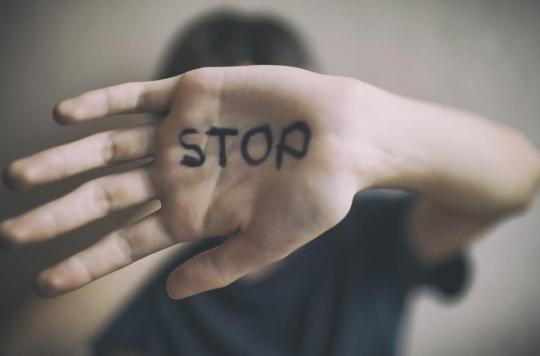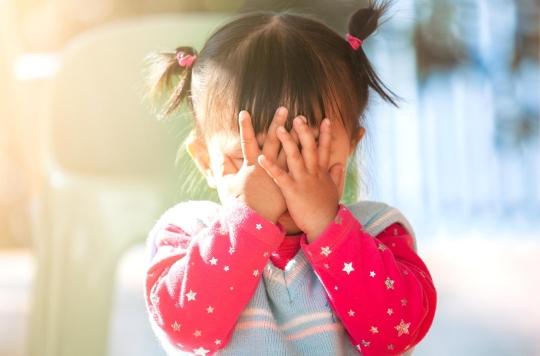A new study points to the hereditary nature of child abuse. Mothers who were abused as children are more likely to repeat these behaviors with their children.

- Children whose mothers had been abused during their childhood have a 14 times greater risk of being victims of domestic violence, and a 26 times greater risk of being placed in foster care.
- For the researchers, these results show that there is indeed an intergenerational cycle of violence that must be broken by offering children and their parents protection and help.
In some families, there are intergenerational cycles of child abuse and neglect. This is highlighted by a new study conducted by the University of South Australia, and published in the journal The Lancet Public Health. According to its authors, 83% of substantiated child abuse cases were children of mothers who also had contact with child protection when they were young.
A 14 times higher risk of being abused
To reach this conclusion, the researchers analyzed data from a study of 38,556 mother-child pairs, some of whom had been victims of abuse and others who had not.
The results show that children of mothers exposed to abuse had a 14 times higher risk of experiencing abuse, and a 26 times higher risk of being placed in foster care. In comparison, for children of mothers who had never had contact with child protection services, the rate of substantiated maltreatment was 5%.
For Professor Leonie Segal, lead researcher of the study, “These results are particularly concerning given the generally poor outcomes for victims of child abuse or neglect in multiple health and social domains”.
“Abused children often grow into adults who have poor impulse control, a heightened sense of shame, over-vigilance to threats, are easily triggered, and exhibit extreme levels of distress that can lead to early substance use. and mental illnesses, compounding the damage.When these children become parents, their capacity for compassion or trust may be impaired, they are often unable to see the needs of their own children, and it is extremely difficult for them to provide care. parents that they would so much like to offer”continues the researcher.
Break the cycle of violence
For the authors of the study, these results show that it is essential to support women who survived abuse in childhood to break the cycle of intergenerational abuse.
“Children and parents need help. Healing from their trauma is an ethical imperative, but it also offers significant health and economic benefits to families and the wider community.underlines Leonie Segal. If only we could disrupt the intergenerational transmission pathway, we could prevent the lion’s share of child abuse and reverse the life trajectories of our most vulnerable children and provide protection for future generations.”
.















